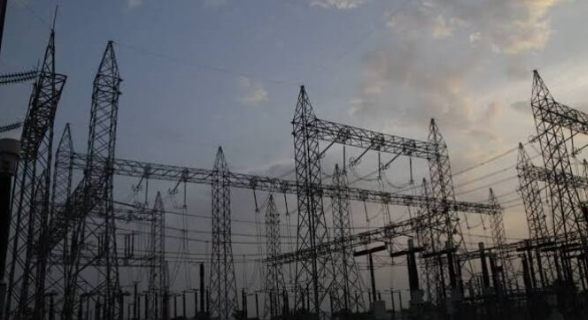The Association of Licensed Telecommunication Companies of Nigeria (ALTON) says Starlink’s price hike is an affront to the regulatory guidelines of the Nigerian Communications Commission (NCC).
Speaking to TheCable on Monday, Gbenga Adebayo, ALTON chairman, said the telecommunications sector is highly regulated and does not tolerate any violations of regulatory guidelines.
“We have engaged the regulator on the subject matter and we are told the provider in question did not receive any regulatory approval to that effect,” Adebayo said.
“We are a highly regulated industry and we take exception to any affront to regulatory guidelines.”
Advertisement
On October 1, Starlink, owned by Elon Musk, the world’s richest man, announced an increase in its monthly subscription prices in Nigeria.
The company, blaming inflation, increased its standard package (residential) monthly subscription to N75,000, from N38,000 per month — an increase of 97.37 percent.
In response to the price change on October 8, the NCC expressed surprise, noting that while Starlink had submitted a request for a price adjustment, the regulator had not yet approved it.
Advertisement
NCC said it has commenced pre-enforcement actions against Starlink for increasing its subscription prices without approval.
Telecommunications stakeholders have been clamouring for an upward tariff review to make the sector attractive to investors.
On April 25, telcos said their services were overdue for price increments as they have not raised rates in the last 11 years.
Addressing the issue, ALTON chairman said the industry is grappling with serious sustainability challenges.
Advertisement
He said telecom operators are actively engaging with stakeholders to address concerns about the sector’s viability, with tariff increases being a key focus of the talks.
According to Adebayo, if the long-pending tariff increase requests are not approved, there will be a lack of investment needed to enhance operations.
Adebayo said there will also be compromised service quality, limited growth, hindered broadband expansion, and negative effects on sectors reliant on telecom services.
Advertisement
Add a comment








